Home>Gardening & Outdoor>Landscaping Ideas>What Does Epsom Salt Do To Grass
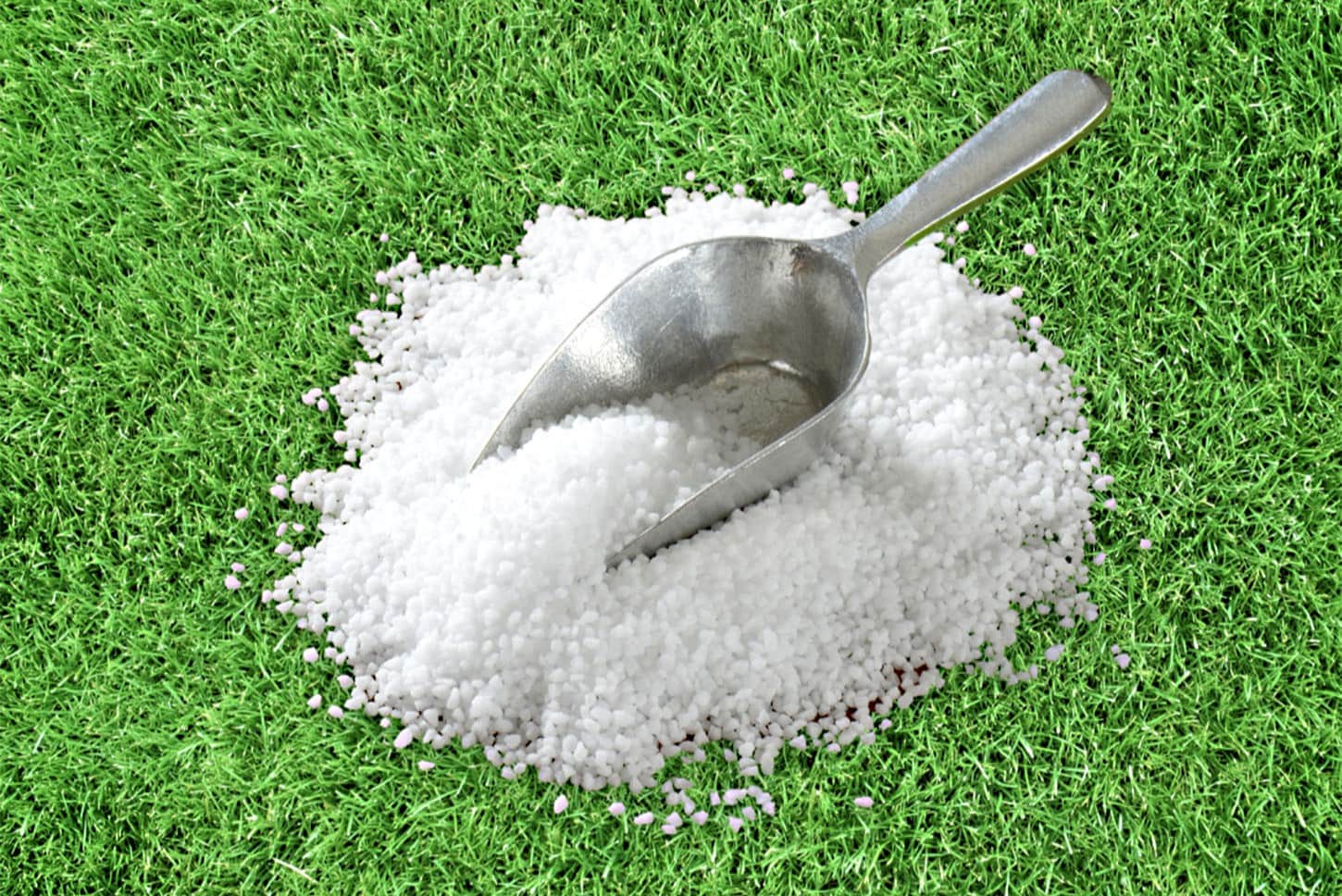

Landscaping Ideas
What Does Epsom Salt Do To Grass
Modified: March 25, 2024
Discover the benefits of using Epsom salt on your grass and explore effective landscaping ideas to maintain a lush and healthy lawn. Learn how Epsom salt can improve your landscaping efforts.
(Many of the links in this article redirect to a specific reviewed product. Your purchase of these products through affiliate links helps to generate commission for Storables.com, at no extra cost. Learn more)
Introduction
Welcome to the world of lawn care, where the lush green expanse of your yard becomes a canvas for natural beauty and relaxation. As a homeowner, you understand the satisfaction of nurturing healthy, vibrant grass that invites barefoot strolls and outdoor gatherings. However, maintaining a flourishing lawn requires more than just regular mowing and watering. It involves understanding the intricate needs of your grass and providing it with the essential nutrients for growth and resilience.
In this article, we'll delve into the fascinating realm of Epsom salt and its potential impact on your grass. Epsom salt, also known as magnesium sulfate, has gained attention for its purported benefits in promoting plant growth and overall lawn health. We'll explore the science behind Epsom salt, its potential advantages for grass, and practical tips for using it effectively. Whether you're an avid gardener seeking natural remedies or a homeowner eager to elevate your lawn care regimen, this exploration of Epsom salt's role in grass maintenance will provide valuable insights and actionable strategies.
So, grab a comfortable seat, envision the verdant landscape you aspire to cultivate, and let's embark on a journey to uncover the wonders of Epsom salt and its potential impact on your grass.
Key Takeaways:
- Epsom salt can enhance grass health by promoting nutrient uptake, chlorophyll production, stress tolerance, and soil quality. Use it in moderation and with caution to avoid potential risks.
- When using Epsom salt on grass, dilute it in water, apply during optimal times, distribute evenly, and consider soil testing. Be mindful of dosage, leaf burn risk, environmental impact, and complementary lawn care practices.
What Is Epsom Salt?
Epsom salt, scientifically known as magnesium sulfate, is a naturally occurring mineral compound comprised of magnesium, sulfur, and oxygen. It derives its name from the saline spring in Epsom, England, where it was first discovered. This versatile substance has long been celebrated for its therapeutic properties, finding applications in health, beauty, and horticulture.
When it comes to plant care, Epsom salt is revered for its high magnesium content, a vital nutrient that supports chlorophyll production and overall plant vigor. Magnesium is an essential component of the chlorophyll molecule, which plays a pivotal role in photosynthesis, the process through which plants convert light energy into chemical energy to fuel their growth and development.
Furthermore, the sulfur present in Epsom salt contributes to plant metabolism and the formation of important amino acids, proteins, and enzymes. This mineral also aids in the uptake of other essential nutrients, fostering a well-rounded approach to plant nutrition and resilience.
When Epsom salt is applied to the soil, its components dissociate into magnesium, sulfate, and water. The magnesium and sulfate ions are then readily available for plant roots to absorb, supporting various physiological processes within the plant. This accessibility to crucial nutrients can potentially translate into improved growth, greener foliage, and enhanced stress tolerance for your grass.
As a homeowner with a penchant for nurturing a flourishing lawn, understanding the properties and potential benefits of Epsom salt can empower you to make informed decisions about its application in your lawn care routine. Now that we've unraveled the essence of Epsom salt, let's delve into the specific advantages it may offer for your grass and how to harness its potential effectively.
Benefits of Epsom Salt for Grass
Introducing Epsom salt into your lawn care arsenal can yield a range of potential benefits for your grass, contributing to its overall health and vitality. Let’s explore some of the key advantages that Epsom salt may offer when incorporated into your grass maintenance regimen:
- Promotes Nutrient Uptake: Epsom salt, rich in magnesium and sulfur, can enhance the absorption of essential nutrients by your grass. Magnesium facilitates the efficient uptake of vital nutrients such as nitrogen, phosphorus, and potassium, fostering robust growth and nutrient utilization within the grass blades.
- Enhances Chlorophyll Production: The magnesium present in Epsom salt plays a pivotal role in chlorophyll synthesis, the pigment responsible for the green hue of plants. By bolstering chlorophyll production, Epsom salt can contribute to the lush, vibrant appearance of your grass, elevating its aesthetic appeal.
- Supports Stress Tolerance: Grass faces various environmental stressors, including drought, heat, and nutrient deficiencies. The sulfur in Epsom salt aids in the activation of enzymes that regulate stress response mechanisms in plants, potentially enhancing your grass’s resilience to adverse conditions.
- Improves Soil Quality: Epsom salt can help rectify magnesium deficiencies in the soil, thereby fostering a balanced soil composition. This, in turn, creates an environment conducive to healthy root development and overall grass vigor.
- Encourages Seed Germination: When used in moderation, Epsom salt may promote seed germination and early root development, contributing to the establishment of new grass growth and the rejuvenation of sparse or patchy areas in your lawn.
By harnessing these potential benefits, Epsom salt can serve as a natural, cost-effective supplement to your grass care routine, offering a holistic approach to nurturing a thriving lawn. However, it’s important to exercise prudence and moderation in its application, as excessive use of Epsom salt can lead to unintended consequences. In the following section, we’ll explore how to judiciously apply Epsom salt to your grass, maximizing its advantages while mitigating potential risks.
Applying Epsom salt to grass can help improve nutrient uptake and promote greener, healthier growth. However, it’s important to use it sparingly and follow recommended application rates to avoid harming the grass.
How to Use Epsom Salt on Grass
Integrating Epsom salt into your lawn care routine involves strategic application methods to ensure optimal results without compromising the well-being of your grass. Consider the following guidelines for effectively using Epsom salt on your grass:
- Dilute and Dissolve: Begin by diluting Epsom salt in water to create a solution for application. A suggested ratio is 2 tablespoons of Epsom salt per gallon of water. Thoroughly dissolve the salt to prevent any potential granules from accumulating on the grass.
- Timing of Application: It’s advisable to apply Epsom salt to your grass during the early morning or late afternoon to minimize the risk of evaporation and ensure optimal absorption by the grass roots. Avoid application during peak sunlight hours to prevent potential leaf burn.
- Even Distribution: Utilize a sprayer or watering can to evenly distribute the Epsom salt solution across your lawn. Aim for a uniform application to facilitate consistent nutrient uptake by the grass and prevent localized concentration that may lead to uneven growth patterns.
- Consideration for Soil Testing: Before embarking on Epsom salt application, consider conducting a soil test to assess the existing magnesium levels in your soil. This insight can guide the appropriate dosage of Epsom salt needed to rectify any deficiencies without overdosing the soil.
- Frequency of Use: While Epsom salt can offer benefits to your grass, it’s essential to exercise moderation in its application. A general recommendation is to apply Epsom salt to your lawn two to three times per growing season, spacing out the applications to prevent excessive accumulation of magnesium in the soil.
By adhering to these practices, you can harness the potential advantages of Epsom salt while minimizing the likelihood of adverse effects on your grass and soil. Remember that Epsom salt should complement a comprehensive lawn care regimen that includes regular watering, appropriate mowing, and soil enrichment. Now that we’ve explored the application of Epsom salt, it’s crucial to consider precautions and additional factors to ensure its harmonious integration into your lawn care approach.
Precautions and Considerations
While Epsom salt can offer valuable benefits for your grass, it’s important to approach its use with careful consideration and awareness of potential precautions. By keeping the following factors in mind, you can optimize the efficacy of Epsom salt while safeguarding the well-being of your lawn:
- Proper Dosage: Avoid excessive application of Epsom salt, as an overdose can disrupt the balance of nutrients in the soil and potentially harm your grass. Adhere to recommended dosages and consider conducting a soil test to gauge the specific needs of your lawn.
- Leaf Burn Risk: Direct contact with undissolved Epsom salt granules on grass blades can lead to leaf burn, especially if applied during hot, sunny conditions. Ensure thorough dissolution of the salt and consider watering your lawn after application to mitigate any residual salt contact with the grass.
- Environmental Impact: Exercise mindfulness regarding the environmental implications of Epsom salt application. Avoid oversaturating the soil with excess nutrients, which can potentially leach into waterways and disrupt ecological balances. Use Epsom salt responsibly and in accordance with recommended guidelines.
- Soil pH Considerations: Epsom salt application can influence soil pH, potentially making it more acidic over time. Monitor the pH levels of your soil periodically and consider incorporating measures to maintain a balanced pH environment for optimal grass growth.
- Complementary Practices: While Epsom salt can supplement your lawn care efforts, it should not overshadow other essential practices such as proper watering, aeration, and soil enrichment. Embrace a holistic approach to lawn maintenance, integrating Epsom salt as one component of a comprehensive care regimen.
By heeding these precautions and considerations, you can navigate the utilization of Epsom salt with a balanced and informed approach, maximizing its potential benefits while mitigating potential risks. Now, armed with a deeper understanding of Epsom salt and its implications for your grass, you are empowered to make thoughtful decisions regarding its incorporation into your lawn care routine.
Read more: What Does Epsom Salt Do For Lawns
Conclusion
As you conclude this exploration of Epsom salt’s potential impact on your grass, you stand equipped with a newfound understanding of this natural mineral’s role in lawn care. Epsom salt, with its rich reserves of magnesium and sulfur, holds promise as a supplementary aid in nurturing healthy, resilient grass that adorns your outdoor sanctuary.
By embracing the benefits of Epsom salt, you can potentially enhance nutrient uptake, bolster chlorophyll production, fortify stress tolerance, and contribute to the overall well-being of your grass. However, it’s crucial to approach its application with mindfulness, considering factors such as proper dosage, potential leaf burn risks, environmental impact, and the need for complementary lawn care practices.
As you tread the path of lawn care stewardship, envision your grass as a living tapestry that responds to your attentive care and thoughtful interventions. With the knowledge gleaned from this exploration, you possess the insights to integrate Epsom salt into your lawn care regimen judiciously, harnessing its potential while upholding the harmony of your lawn’s ecosystem.
So, as you step onto the verdant canvas of your lawn, envision the transformative potential of Epsom salt, a natural ally in your quest for a thriving, vibrant grassland. With prudence, patience, and a commitment to holistic lawn care, you can cultivate a landscape that not only captivates the eye but also embodies the vitality and resilience of a well-nurtured natural haven.
Embrace the journey of nurturing your grass, drawing inspiration from the timeless wisdom of nature and the enriching possibilities that Epsom salt may offer. Your lawn, a testament to your care and dedication, awaits the gentle touch of Epsom salt, a mineral bridge to a flourishing, resilient tapestry of green.
Frequently Asked Questions about What Does Epsom Salt Do To Grass
Was this page helpful?
At Storables.com, we guarantee accurate and reliable information. Our content, validated by Expert Board Contributors, is crafted following stringent Editorial Policies. We're committed to providing you with well-researched, expert-backed insights for all your informational needs.
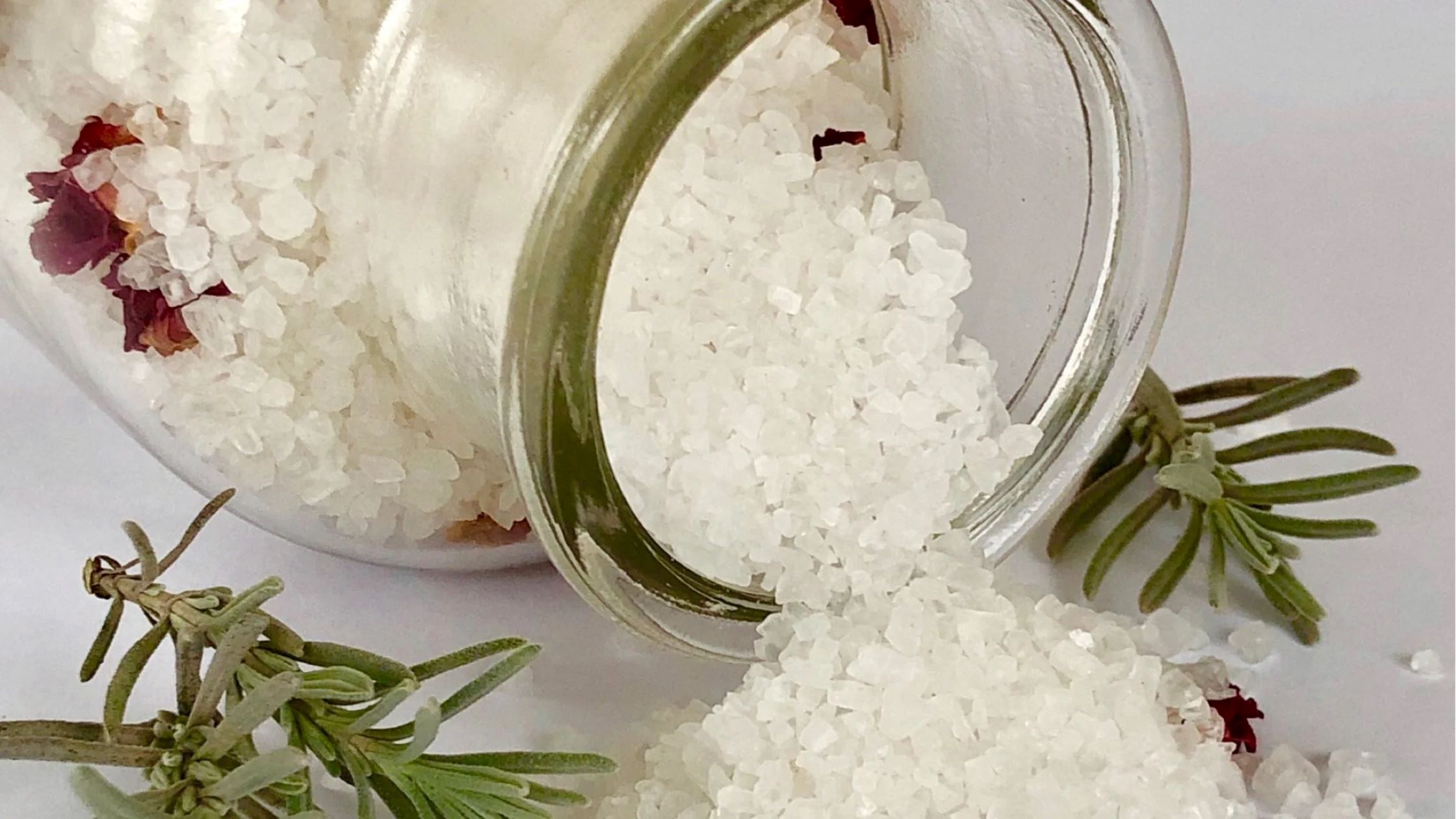
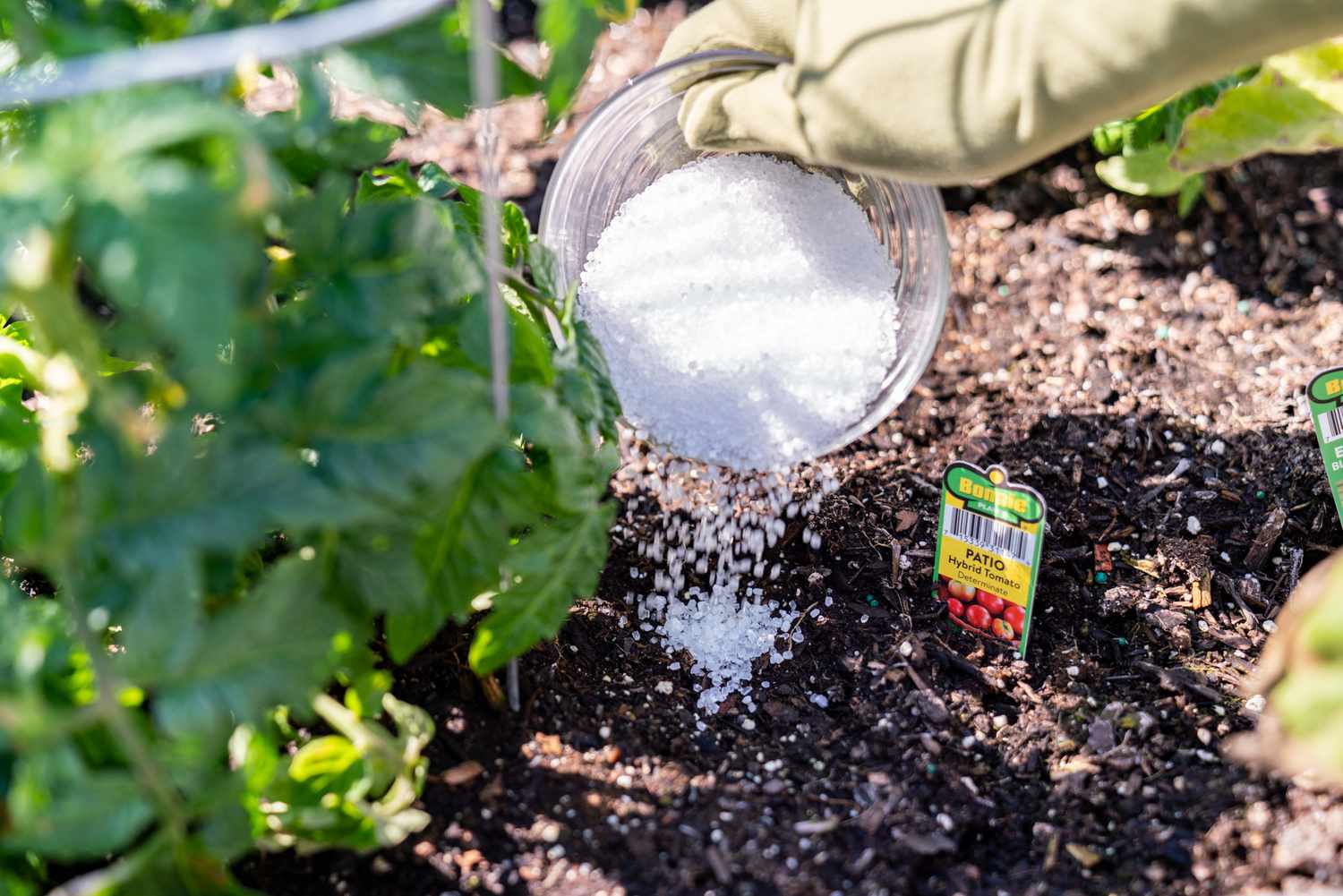


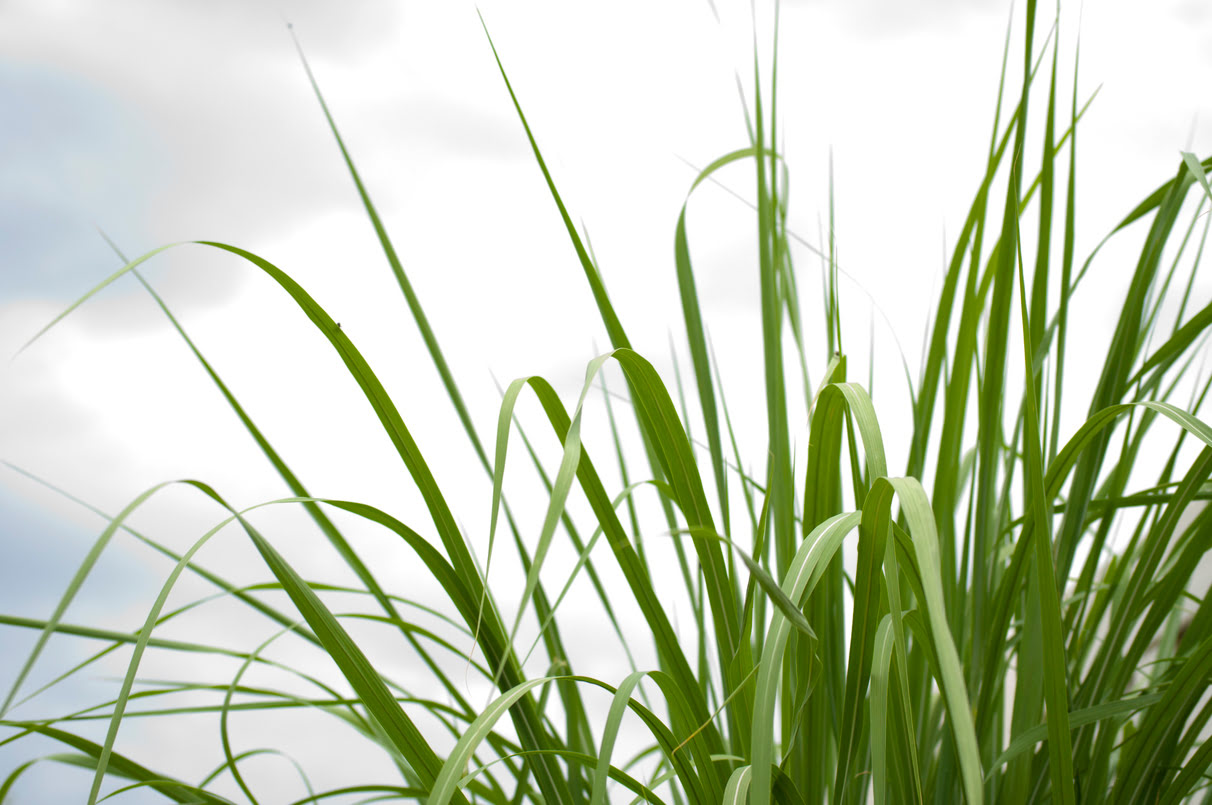


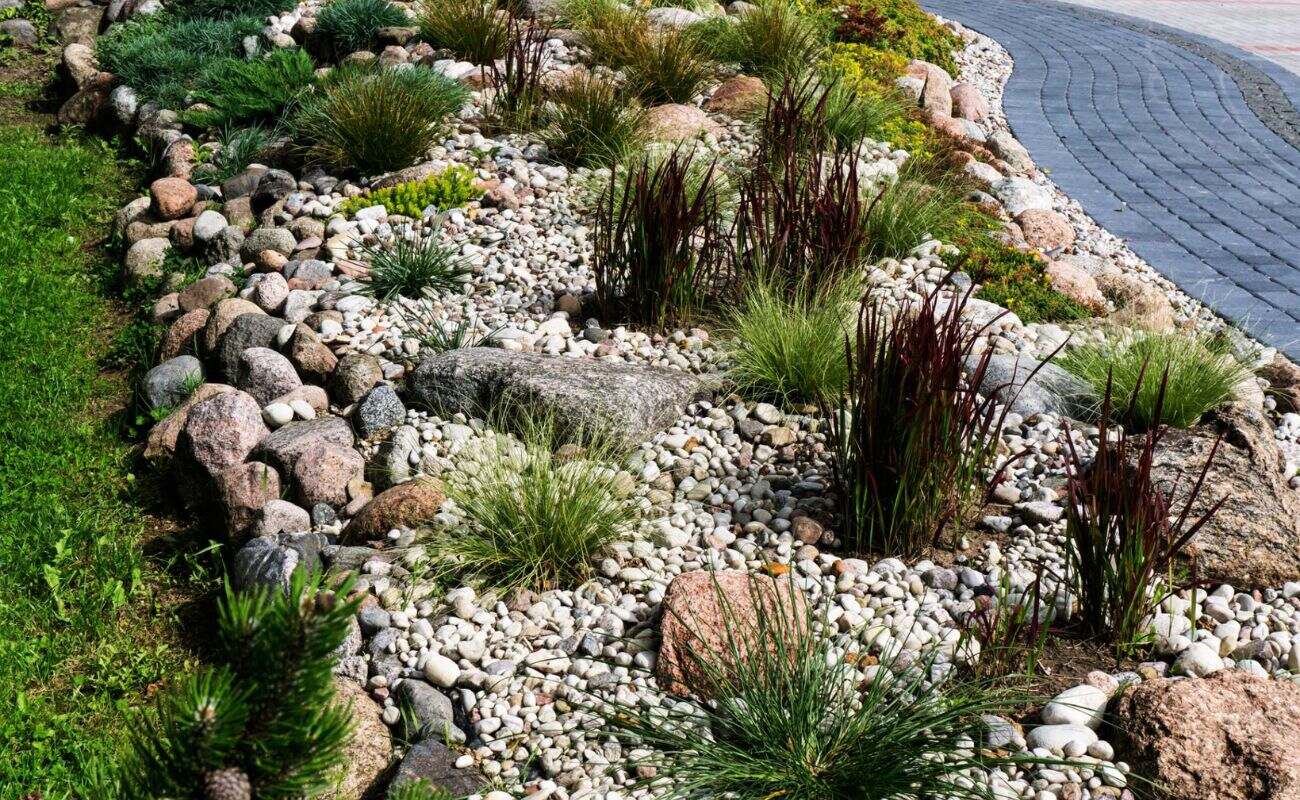
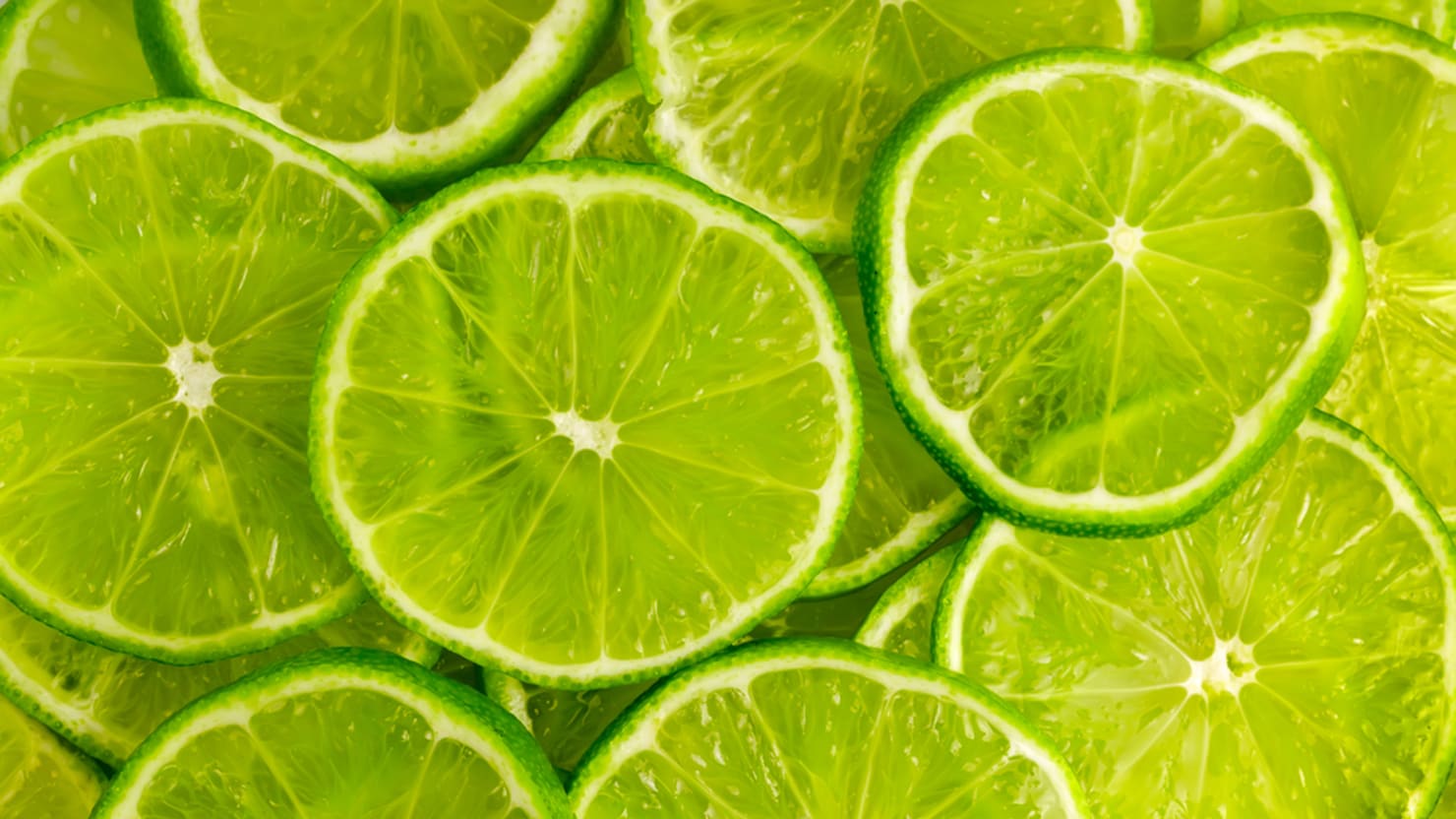


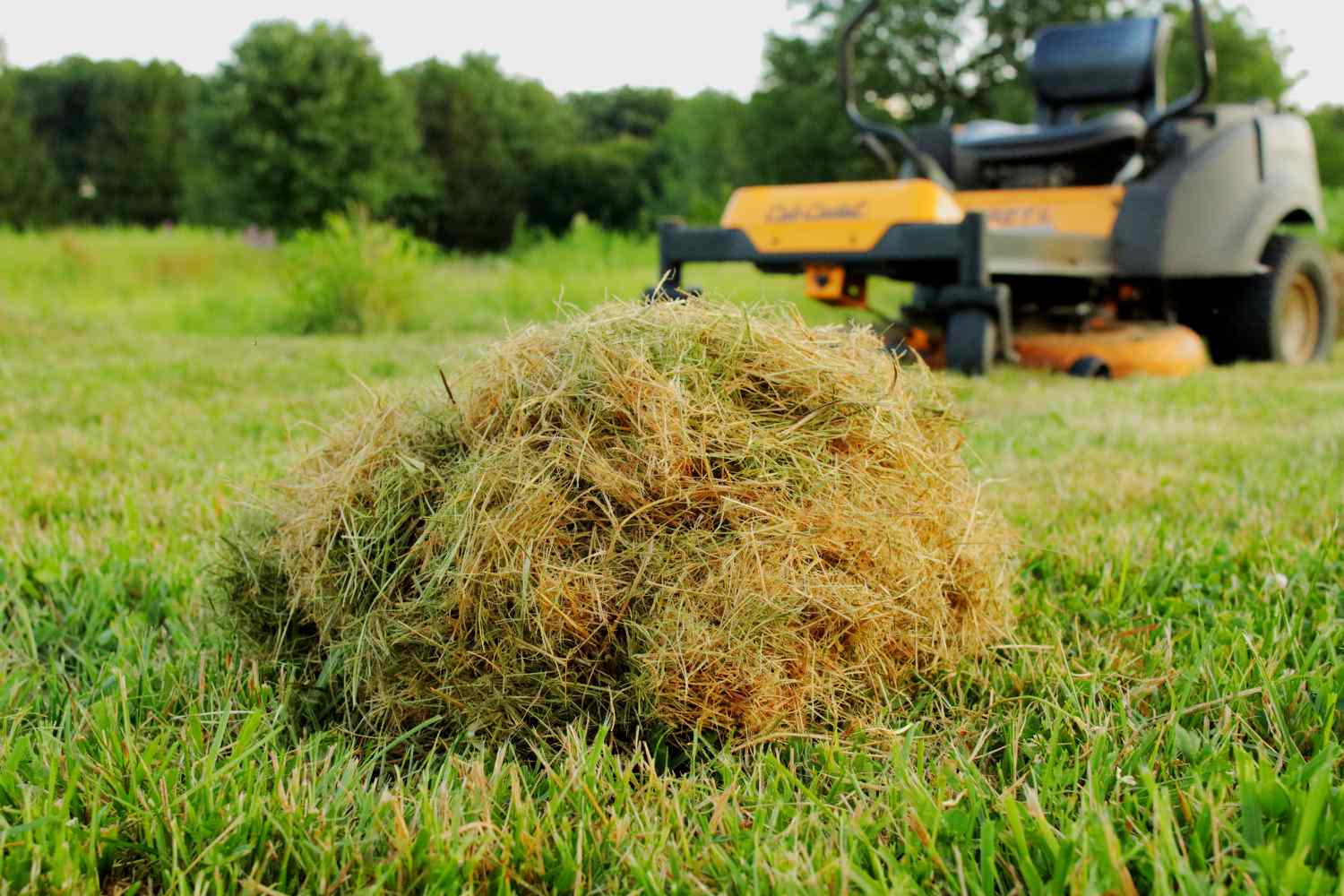
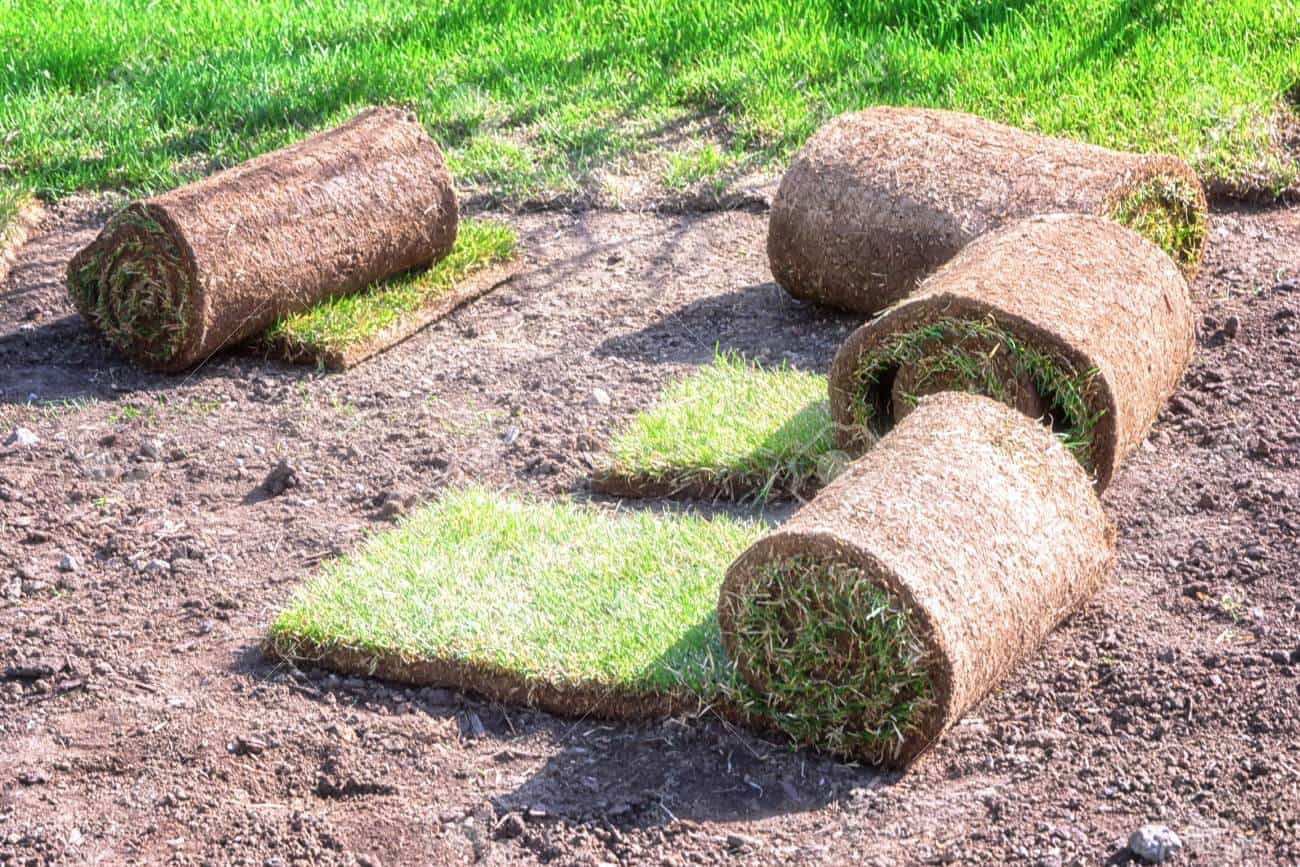
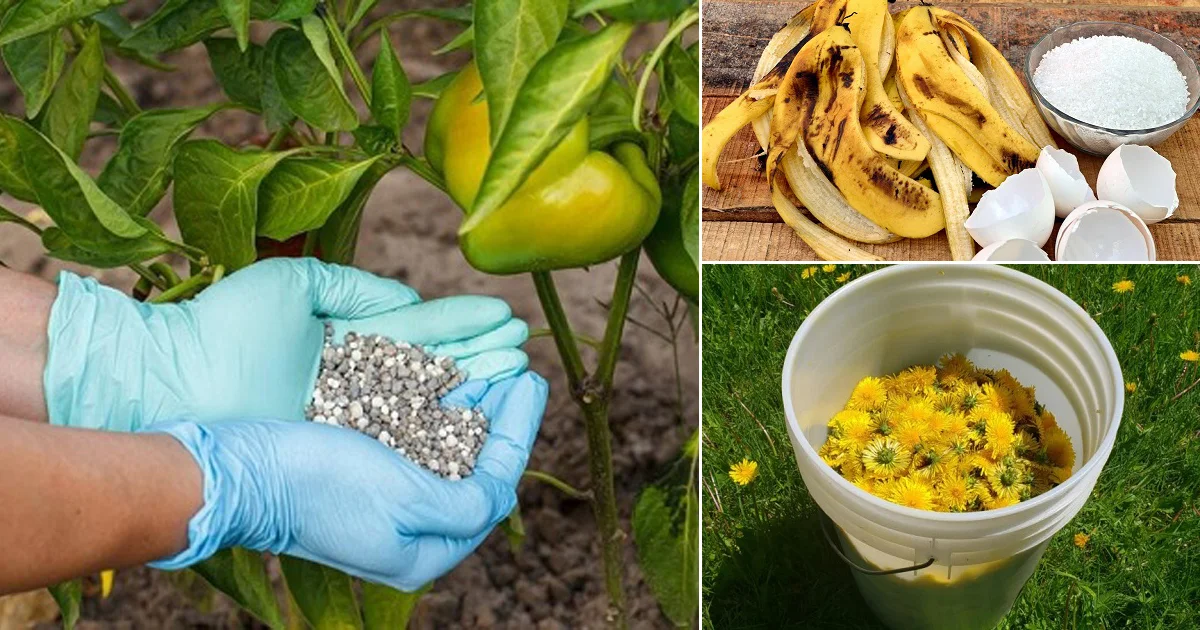

0 thoughts on “What Does Epsom Salt Do To Grass”